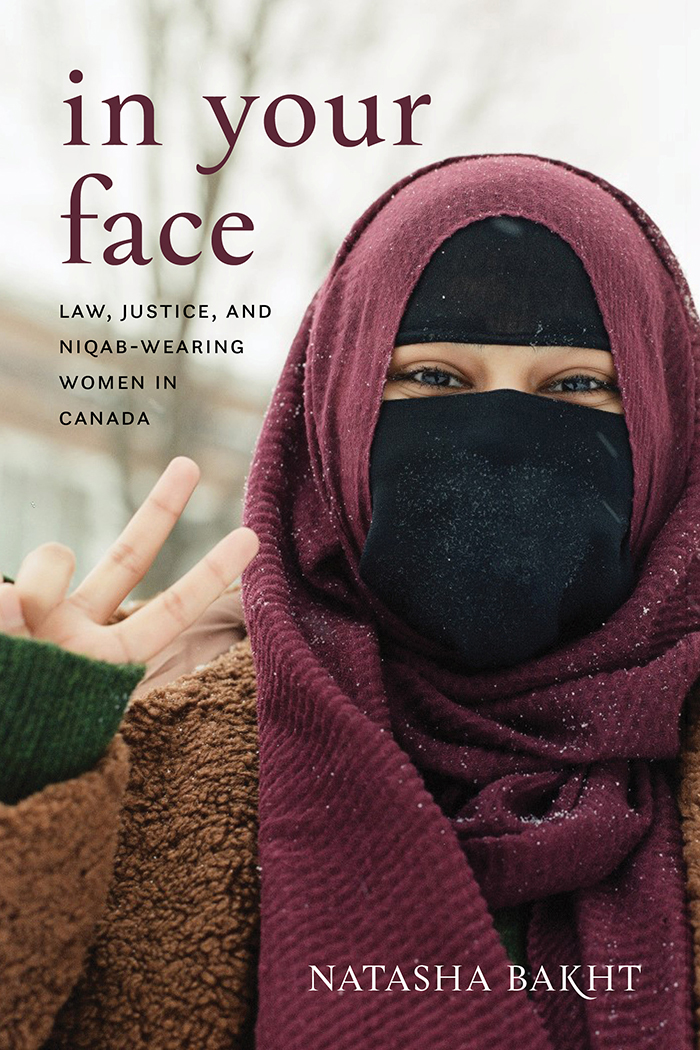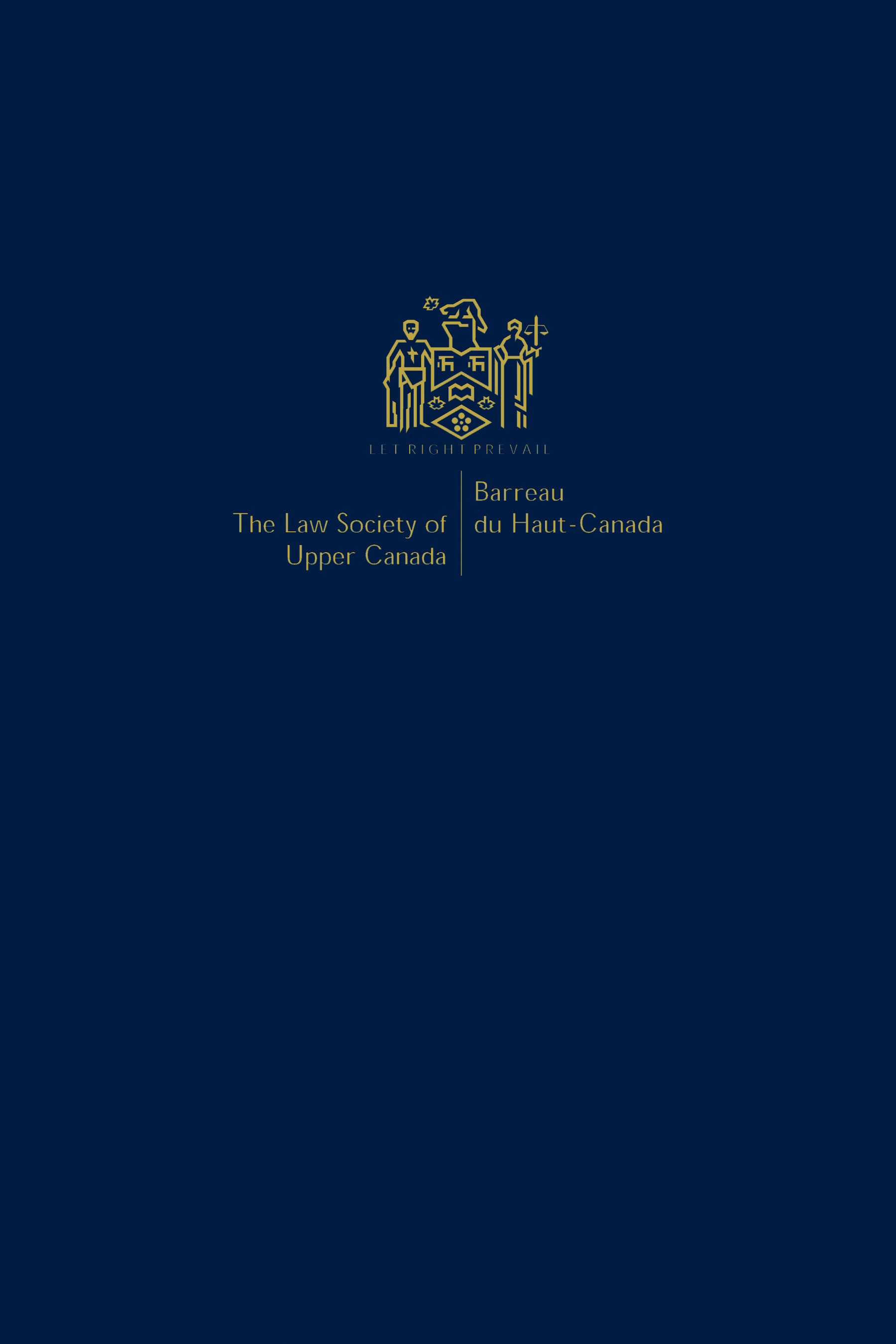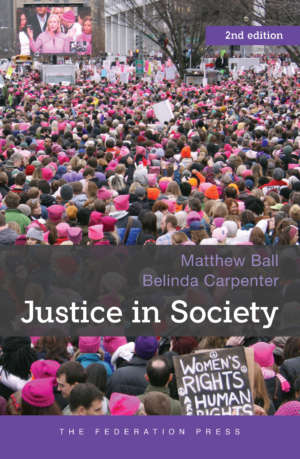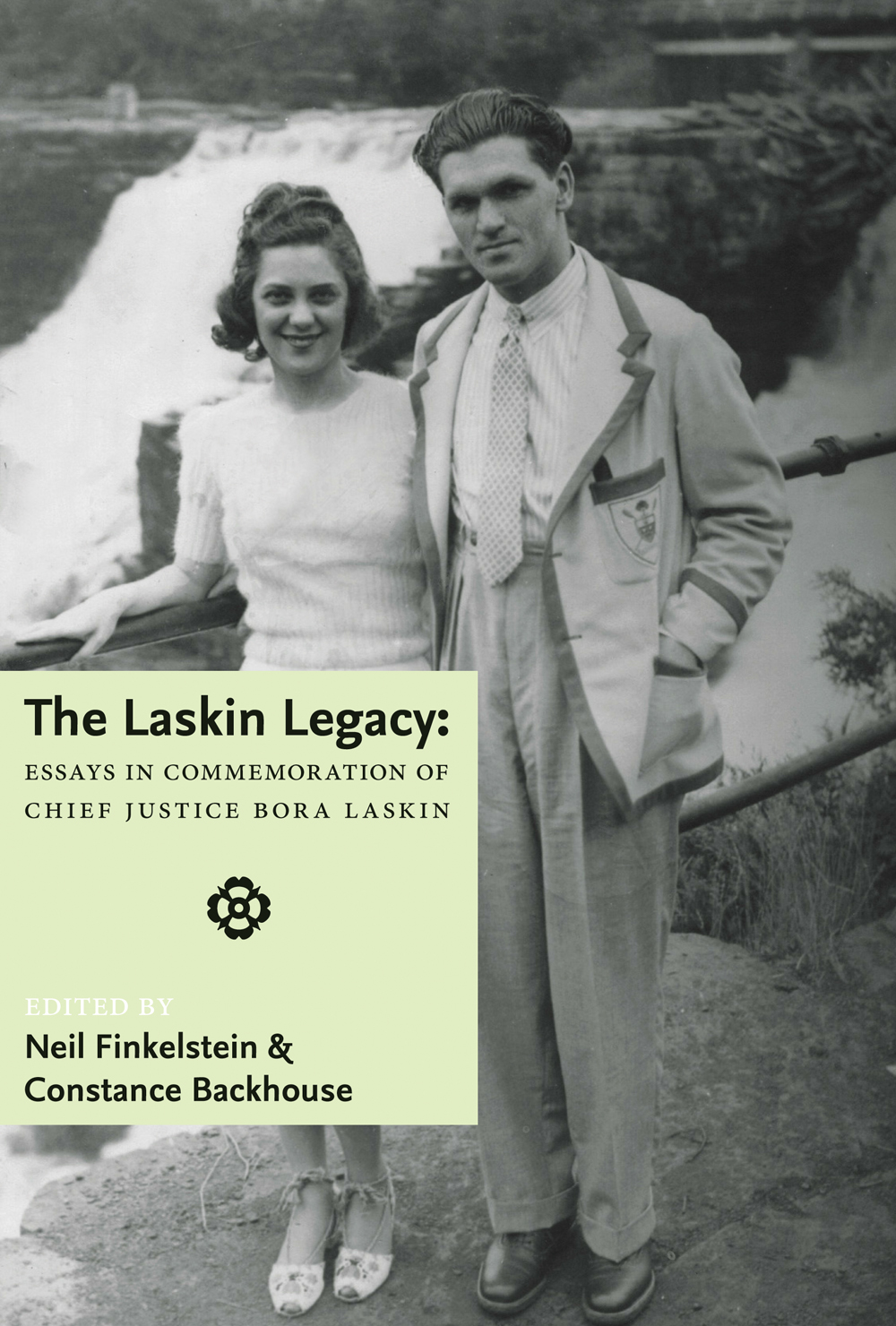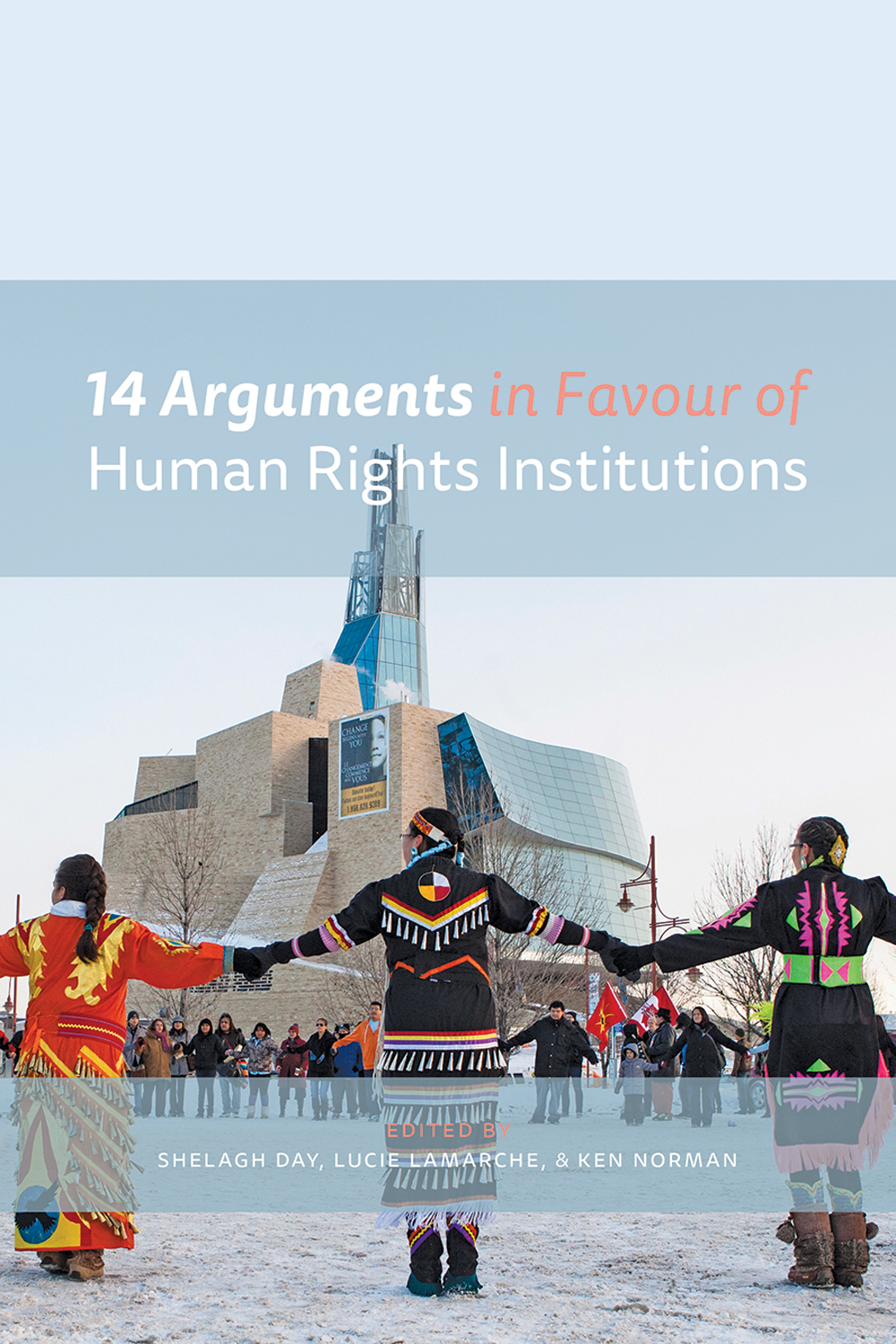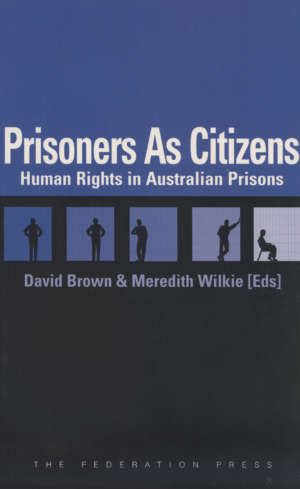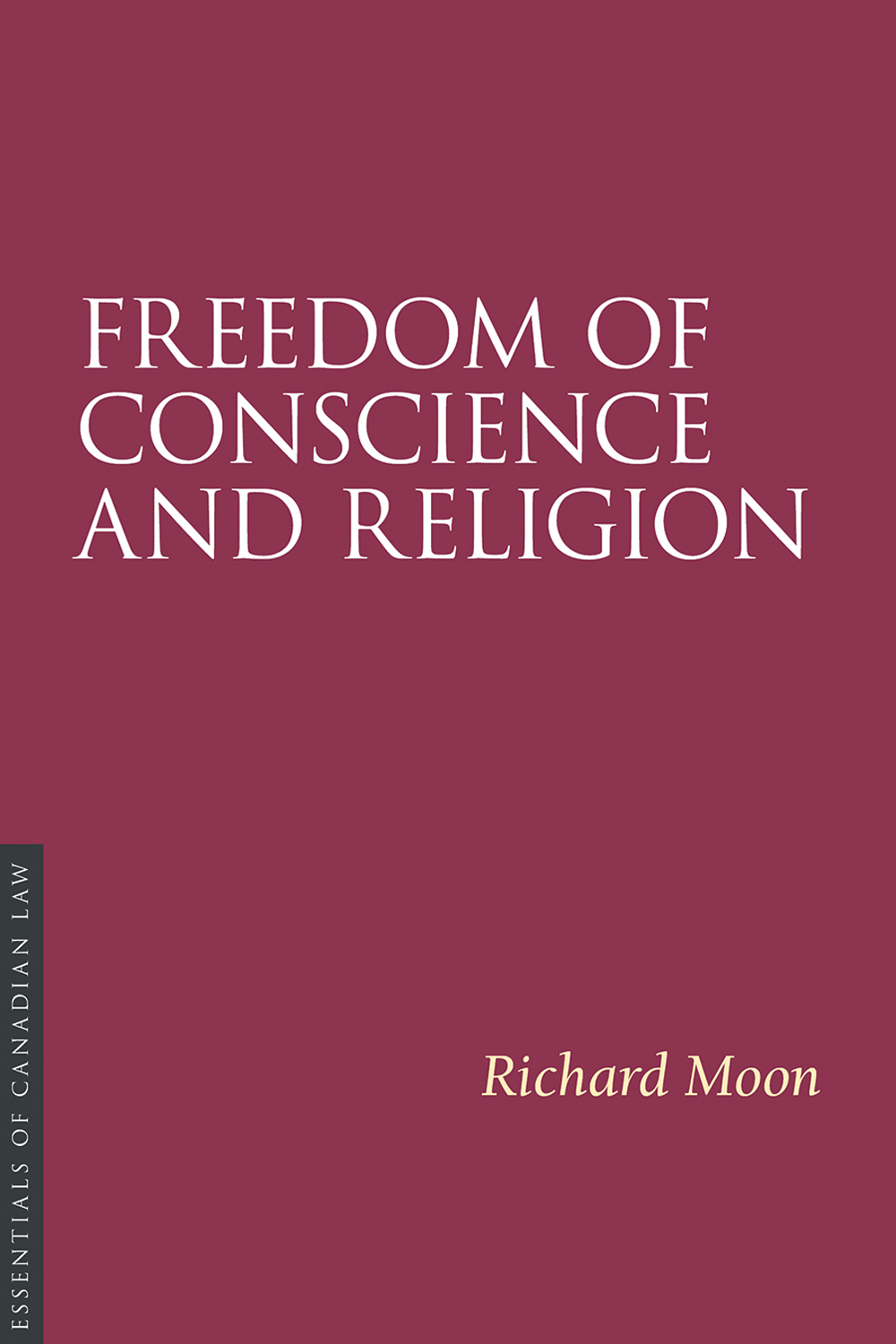Product Description
Featured on The Hill Times’ 100 Best Books in 2020 list
Winner, 2020-21 Huguenot Society of Canada Award
This book explores the experiences of a group of women in Canada who are small in numbers yet have garnered much legal, political, and social attention in recent years. Muslim women who cover their faces with a veil arouse visceral reactions in people who, despite exposure to diverse ways of living through multicultural urban environments, seem to have fixed notions of how women ought to live the good life. Politicians have denounced the niqab for a variety of reasons, calling on Muslim women to simply take it off. Where such persuasion has failed, legislative attempts have been made, some successfully, to prohibit women from covering their faces in certain contexts, including courtrooms, citizenship ceremonies, public spaces, and while working in the public service. This book analyzes niqab bans in Canada while also drawing on interviews with niqab-wearing women to reveal their complex identities and multiple motivations for dressing in this way.
Foreword
Acknowledgements
Introduction: Meet Your Neighbours
Chapter One: Listening to the Voices of Niqab‑Wearing Women
Chapter Two: Veiled Objections: Facing Public Opposition to the Niqab
Chapter Three: What’s in a Face? Demeanour Evidence and Niqab-Wearing Women in Courtrooms
Chapter Four: Piercing the Veil of Ignorance: Niqab-Wearing Women and the Adjudication of Sexual Assault
Chapter Five: In Your Face: Legislative Prohibitions of the Niqab
Chapter Six: Niqab-Wearing Women’s Resistance in the Face of Oppressive Governmental Tactics and Popular Beliefs
Conclusion: Towards a New Future
Notes
Index
About the Author
“With her book, Bakht bring readers close to one of the most misunderstood, ‘despised,’ and marginalized groups in our societies. Their answers, at times very candid, their reactions to insults, positive and pragmatic, and their determination to remain attached to their faith, sound very true and very familiar. . . . With In Your Face, Natasha Bakht sheds light on the hypocrisy that many liberal democracies have been hiding behind: a ‘veiled’ veneer of oppression, falsely convincing us that women are free to wear what they want… until they decide to wear a niqab.”
Monia Mazigh
“In Your Face is a thoughtful, well-researched study of the lives and experiences of Muslim women in Canada who cover their faces with a full veil. Though small in numbers, they have in recent years faced much legal, political, and social attention. Natasha Bakht, a full professor of law at the University of Ottawa, conducted interviews of niqab-wearing women in Ontario and Quebec to examine their motivations and lived experiences. She interrogates popular arguments for why women should not wear the niqab in public places, including courtrooms, and examines legislative bans of the niqab in public spaces and other public contexts. The book closes with expressions of resistance of niqab-wearing women themselves, and their determination to challenge stereotypes and wrongful perceptions of who they are and what they stand for.”
Ontario Historical Society

